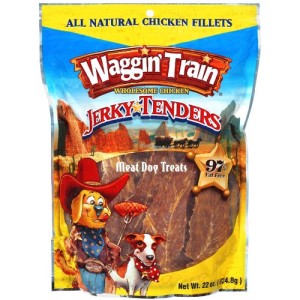Janice Ellsworth of The Daily Star writes that Arnold has been running his market store for the last 35 years and over time there became a cult following for his distinctive jerky. Most everyone who had the opportunity to visit the market day, would get some of Shep’s jerky.
 It just so happened that an executive from Jack Links was staying in town for a family event. He decided to purchase some of Shep’s jerky and take it back to work and see if anyone there could see what it is that made Shep’s jerky so special.
It just so happened that an executive from Jack Links was staying in town for a family event. He decided to purchase some of Shep’s jerky and take it back to work and see if anyone there could see what it is that made Shep’s jerky so special.
When the jerky made its way back to the Jack Links factory, it was given to the in-house scientists to run tests on in hopes of deciphering what ingredients Arnold was using for his jerky. What they didn’t expect was that the meat wasn’t that of a cow, but of a human. Tests were ran by an independent lab to verify the results by Jack Links. Again human meat.
Local authorities arrested Arnold on suspicion of using human meat for his jerky that he sold to the public and police needed to find the supply of this meat.
Turns out about once a year in the summer, Shep hires a new helper for his store. “Summer is a busy time and I can use the extra help for a few months”, said Arnold. What he neglected to say, but was later found out by authorities, that 3 of these men have been reported missing.
It didn’t take much for the Butte authorities to put 2 and 2 together and place Shep Arnold under arrest for making and selling the human meat. While locked up authorities hope to connect the missing men via DNA extracted from the jerky to known samples of the missing men.







.jpg) inspections at four jerky treat manufacturing sites in Liaocheng and Jinan, China, according to the records.
inspections at four jerky treat manufacturing sites in Liaocheng and Jinan, China, according to the records.